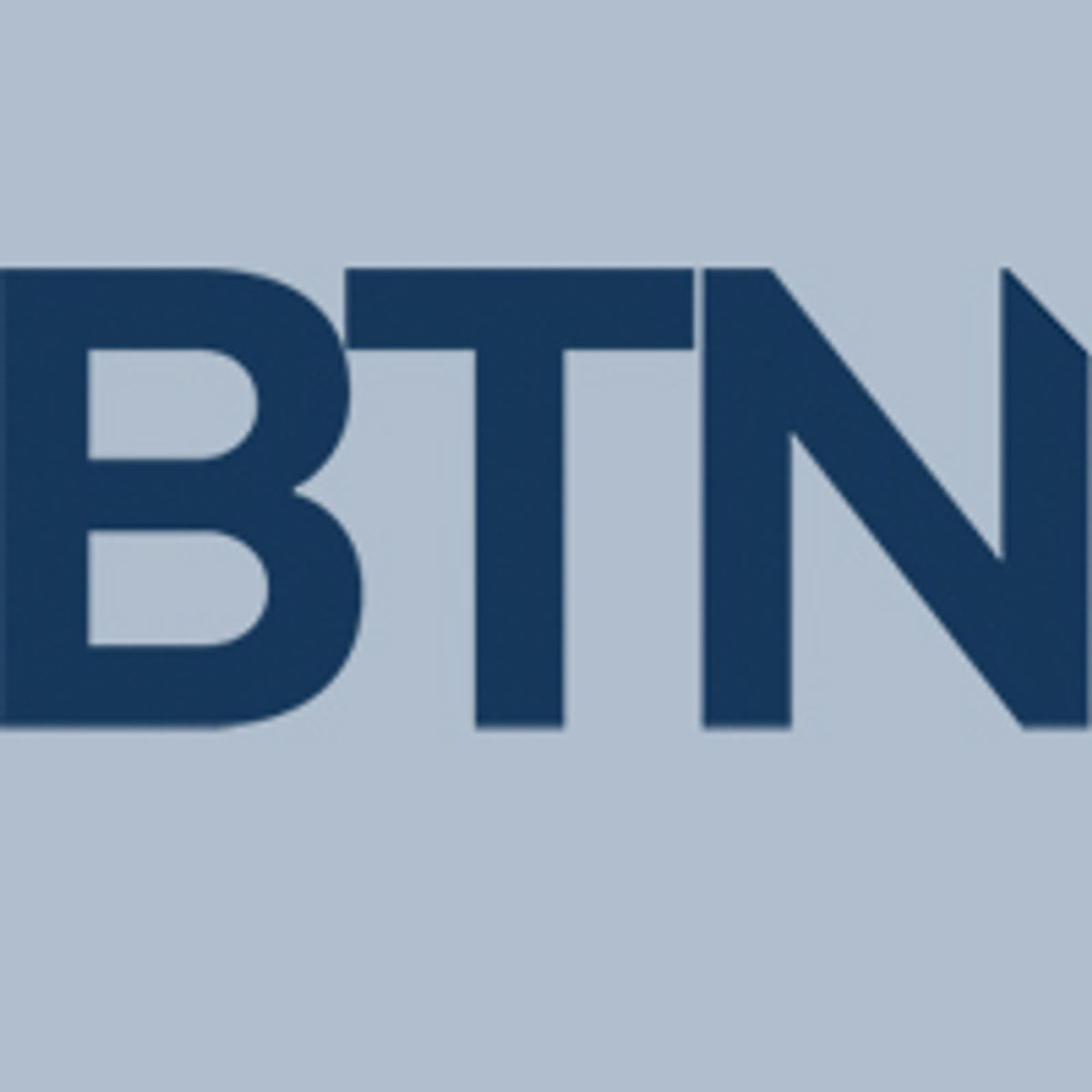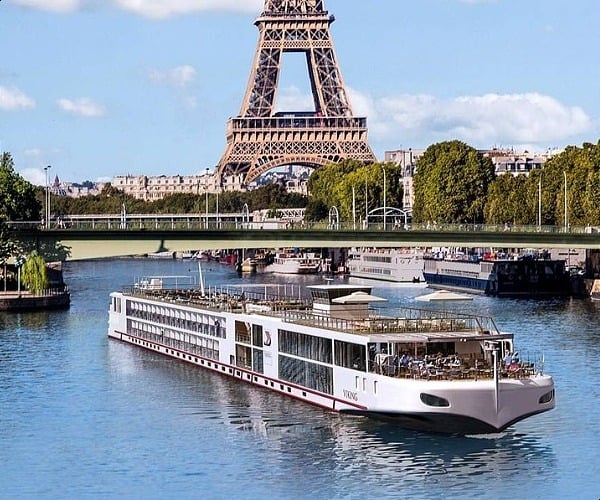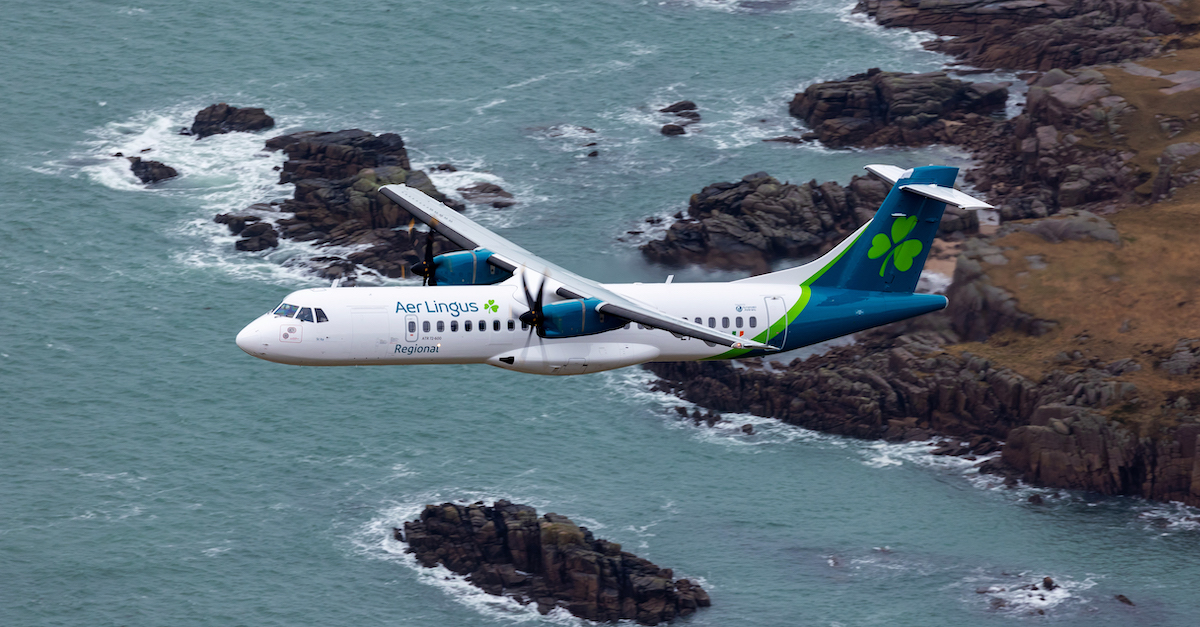Ryanair's Online Facial Recognition Creating Friction for Business Travelers
Business travelers in the U.K. have reported ongoing "friction" and "frustrations" when booking flights with Ryanair via online booking tools or travel management companies due to the carrier's controversial online booking verification process that requires facial recognition.

Business travelers in the U.K. have reported ongoing "friction" and "frustrations" when booking flights with Ryanair via online booking tools or travel management companies due to the carrier's controversial online booking verification process that requires facial recognition.
The Institute of Travel Management said its members, most of whom are corporate travel managers, are experiencing challenges when making Ryanair bookings via OBTs, with the verification process causing "considerable" traveler concern.
"The verification process brings challenges in traveler experience and potentially data security dependent on where the traveler's verification data then is stored," said Kerry Douglas, ITM's head of programme.
The carrier has stated the verification process is in place to avoid "unauthorized" online agents from selling flights and ancillary services at inflated prices.
As a result, customers who book through third parties are required to complete a customer verification process and can choose an 'express' biometric verification or complete a digital verification form. The airline's facial recognition capability is powered through a partnership with GetID, according to its website. Passengers who do not complete the online verification are required to complete check-in at the airport for a reported €55 fee.
Distribution agreements with the likes of Sabre, Amadeus and Travelport mean business travelers can access Ryanair content via their OBTs, but not all content is available, according to Douglas.
"There are limitations in the ability to access fares as the content is not available through the traditional GDS flows—for example, fares available through 'light' versions which OBTs and TMCs may not have connected OBT flows," she explained.
"The content also comes with a surcharge and to access it may require offline calls which often incurs a higher [TMC] transaction fee."
"There have also been issues with the verification failing where it has taken several attempts to make a booking on Ryanair for some travelers," Douglas added.
"The language used in the verification email is also concerning for travelers who are booking through their organization's approved corporate channels but receiving a message that their booking has been blocked due to being made by a third-party travel agent who has no commercial relationship with Ryanair to make their bookings," she explained.
Ryanair's verification process has already created tensions with consumer-facing online booking agents with whom it continues to discourage travelers from booking with "as many OTAs continue to provide incorrect passenger contact and payment details blocking passengers from managing their bookings and receiving important travel info", according to the airline.
Last month a group of companies including Booking.com, Expedia and Skyscanner wrote to the U.K. government and regulators to raise concerns over the "invasive, unnecessary and unfair" process.
In July, digital rights group NOYB filed a complaint against the carrier, claiming its use of facial recognition is in breach of the EU's General Data Protection Regulation.
EU Travel Tech, which represents GDS owners, online travel agencies and travel management companies, has also criticized the carrier's use of facial recognition, labelling it "disproportionate" and "privacy invasive."
"European regulators should intervene to ensure Ryanair stops this practice immediately," said Emmanuel Mounier, the organization's secretary general.
"It will be essential for the European Commission and the national data protection authorities to take a stand against this practice to ensure all Ryanair customers are adequately protected, whatever distribution channel they have chosen to use," he said in a statement.
Friction in online booking tools is also driving travelers to make out-of-policy bookings directly on the carrier's website.
"This is an absolute last option as it brings with it challenges around duty of care and ensuring there is visibility of bookings and spend," Douglas said.
Frustrations deepen, Douglas said, as travel managers feel there is inconsistency as to when the verification requests are being issued and, when they do, appointed TMCs experience difficulties in providing service support.
"Our buyers are advising that their TMCs are also facing challenges in supporting them with Ryanair bookings, whether that be trying to book on their behalf or in contacting Ryanair," Douglas said. "Some of their TMCs have suggested booking directly with Ryanair as a solution whilst others have advised that they may restrict the markets where they will support Ryanair bookings."
And the issues are not restricted to smaller TMCs, Douglas said. "It is affecting all [agencies], especially those who pull low-cost carrier content from aggregators or book on Ryanair.com on behalf of their clients."
The Business Travel Association has also weighed in on the issue, urging the carrier to "support business travelers and adopt a no additional verification policy for all bookings via TMCs".
"TMCs provide reporting, assurance, support and ensure the travel bookings operate smoothly for business travel buyers," said BTA CEO Clive Wratten.
"TMCs are utilizing the GDS, the approved channel of the airline, to book as much Ryanair as possible and by doing so remove the need for additional facial recognition. However, this comes at an additional cost to the business traveler as the lowest fares are not made available via the GDS."
Douglas said ITM recently had "an open channel of communication" with Ryanair and that the carrier seems "open to looking at how they can support business travelers and in understanding the ecosystem."
Originally published by BTN Europe.

 Astrong
Astrong 































